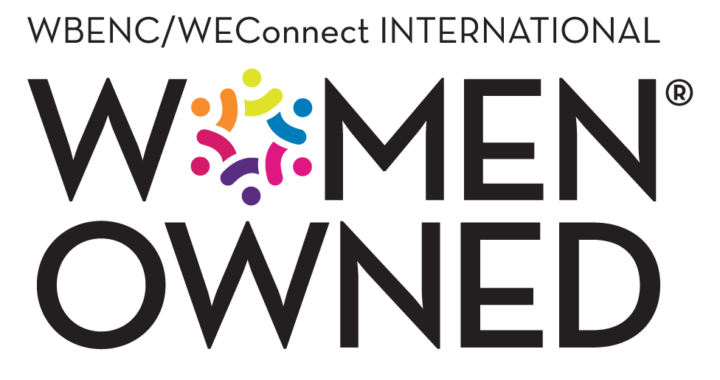Bajkowski + Partners LLC (B+P), a strategic marketing and agency resource management consultancy, is proud to announce its re-certification as a Women’s Business Enterprise by the New York Chapter of the Women’s Business Enterprise National Council (WBENC).
WBENC Certification is the gold standard for women-owned business certification in the United States.
Laura Bajkowski, principal and owner of B+P, finds that “WBE certification enhances our reputation among Fortune 500 clients that strive to provide smaller and independently owned consultancies with opportunities to work on key initiatives that have major impact on their business success.”
WBENC’s meticulous vetting process, which includes an in-depth review of a business structure, operations, policies and business plan, is designed to confirm the business is at least 51% owned, operated, and controlled by a woman or women.
By including women-owned businesses among their suppliers, corporations and government agencies demonstrate their commitment to fostering diversity and the continued development of their supplier diversity programs, which in turn empowers women as leaders and brings about a more diverse, balanced and sustainable economy.
WBENC Certification, combined with professional development and engagement in the WBENC network, provides unsurpassed opportunities year-round, both virtually and in-person, for women-owned businesses to grow and expand their business and innovation through events, programming and connections with major corporations and other WBEs
Please follow the links to learn more about Bajkowski + Partners services and clients, or to discuss a potential project.
About Bajkowski + Partners LLC:
Founded in 2007, Bajkowski + Partners is a New York limited liability company headquartered in New York City, with senior consultants across the U.S. and Canada, and partners in EMEA and APAC. B+P is a global consultancy with practices in Agency Search and Selection Management, Agency Performance and Relationship Management, Marketing Organization and Optimization, and Brand and Marcomm Management.
About WBENC:
Founded in 1997, WBENC is the nation’s leader in women’s business development and the leading third-party certifier of businesses owned and operated by women, with more than 18,000 certified Women’s Business Enterprises, 14 national Regional Partner Organizations, and more than 500 Corporate Members, most of which are Fortune 500. Thousands of corporations representing America’s most prestigious brands, as well as many states, cities, and other entities, look for and accept WBENC Certification. Through the Women Owned initiative, WBENC also is a leader in supporting consumer-oriented female entrepreneurs and those who do business with them by raising awareness for why, where and how to buy Women Owned. For more information, visit www.wbenc.org and www.buywomenowned.com.




